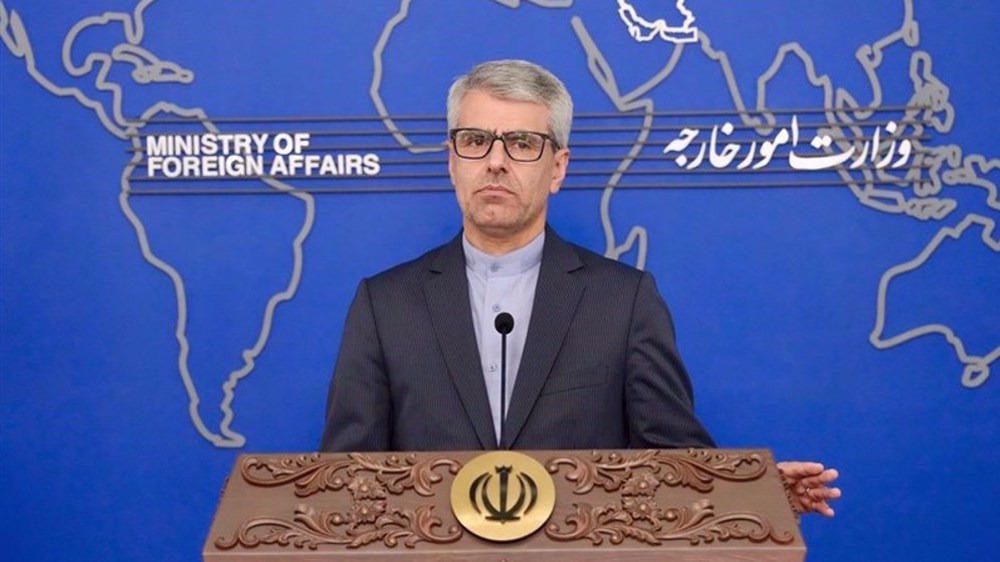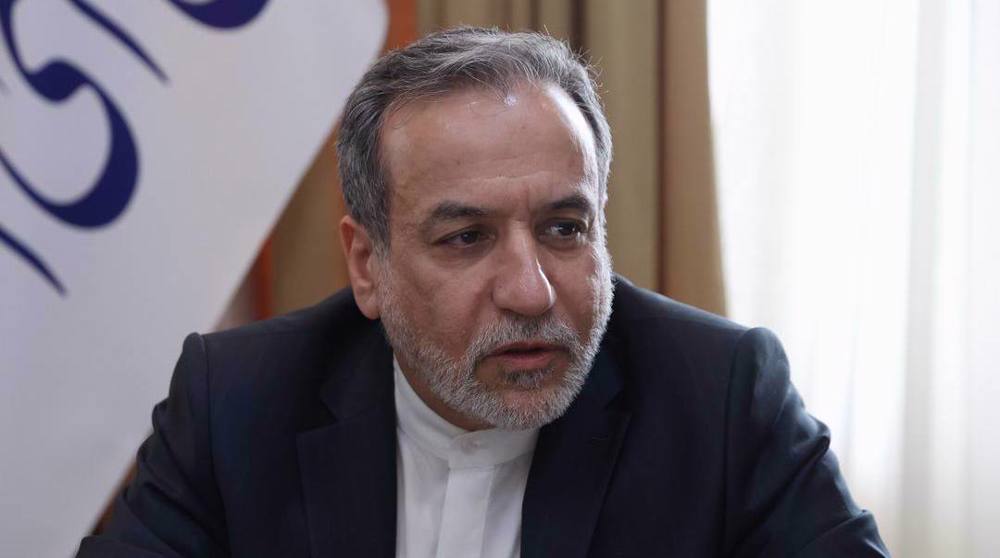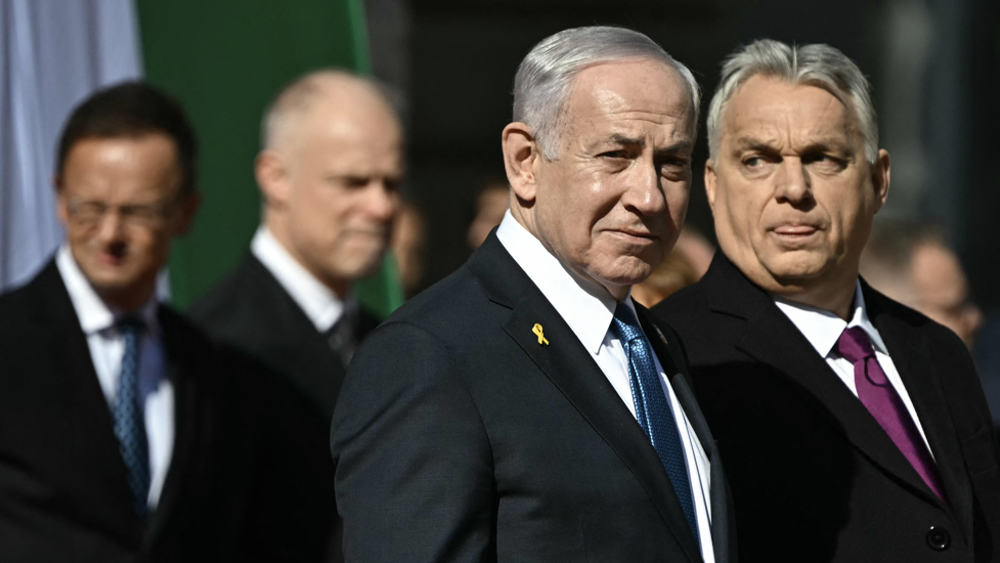No one should dictate own decisions, views to Syrian people: Zarif
Iranian Foreign Minister Mohammad Javad Zarif says no one should “dictate” its own decisions and views to Syrian people, who have been suffering from a foreign-backed militancy for over four years, Press TV reports.
Zarif made the remark on Friday after the conclusion of the international negotiations aimed at resolving the ongoing crisis in Syria in the Austrian capital city of Vienna.
“The future of Syria can only be determined by the people of Syria. People here are not here to dictate," he said, adding that those who want "to help in the future of Syria have to facilitate political dialog between the Syrian people.”
The Iranian foreign minister also said all sides involved in the conflict should recognize that terrorism and extremism cannot be used even as temporary assets, urging a collective effort in the fight against extremist groups operating in the Middle East.
“There won’t be a possibility to take advantage of terrorists however temporary, and they all need to realize that the security in this region requires everybody to work together in order to fight terrorism and extremism,” Zarif noted.

Talks on JCPOA
Separately, Zarif described recent talks between Iran and the P5+1 group on the implementation of the agreement over Tehran’s nuclear program as constructive.
Representatives from Iran and the P5+1 group of countries – the United States, Britain, France, China and Russia plus Germany – held several rounds of negotiations on the implementation of the Joint Comprehensive Plan of Action (JCPOA) in Vienna on Thursday and Friday.
Iran's Deputy Foreign Minister for Legal and International Affairs Seyyed Abbas Araqchi held talks with European Union Political Director Helga Schmid, as the representative of the P5+1, over the two sides’ measures for the implementation of the JCPOA.
Separately, legal and technical experts of Iran and the six world powers discussed the rebuilding of the Arak heavy water reactor. Iranian Foreign Ministry's Director General for Political Affairs Hamid Baeidinejad headed the Islamic Republic's team.
“Regarding the acceleration of the fulfillment of the other side’s obligations, we had numerous discussions with the P5+1, especially the Americans. We wanted to make sure that the commitments would be met in various fields of the JCPOA,” Zarif told reporters in Vienna, adding that good progress was made in the extensive talks over rebuilding the Arak reactor.
Iran and the P5+1 finalized the text of the JCPOA in Vienna on July 14. Based on the JCPOA, limits will be put on Iran’s nuclear activities in exchange for, among other things, the lifting of all economic and financial bans against the Islamic Republic.

Europe standing on wrong side of history by appeasing Israel: Iran

Araghchi says no round of talks held between Iran and US

Iran embassy condemns Netanyahu’s visit to Hungary, calls Israel ‘threat to world peace’
Yemen accuses US of targeting civilians in Eid airstrike
VIDEO | US bombing campaign fails to deter Yemen
Hamas calls for mass participation in general strike in West Bank
Europe standing on wrong side of history by appeasing Israel: Iran
Israel plans to cut off Rafah from rest of Gaza by establishing new corridor
Araghchi says no round of talks held between Iran and US
Rocket barrage launched from Gaza strikes Israeli port of Ashdod
Iran’s gasoil production up by over 8% in H2 last calendar year






 This makes it easy to access the Press TV website
This makes it easy to access the Press TV website